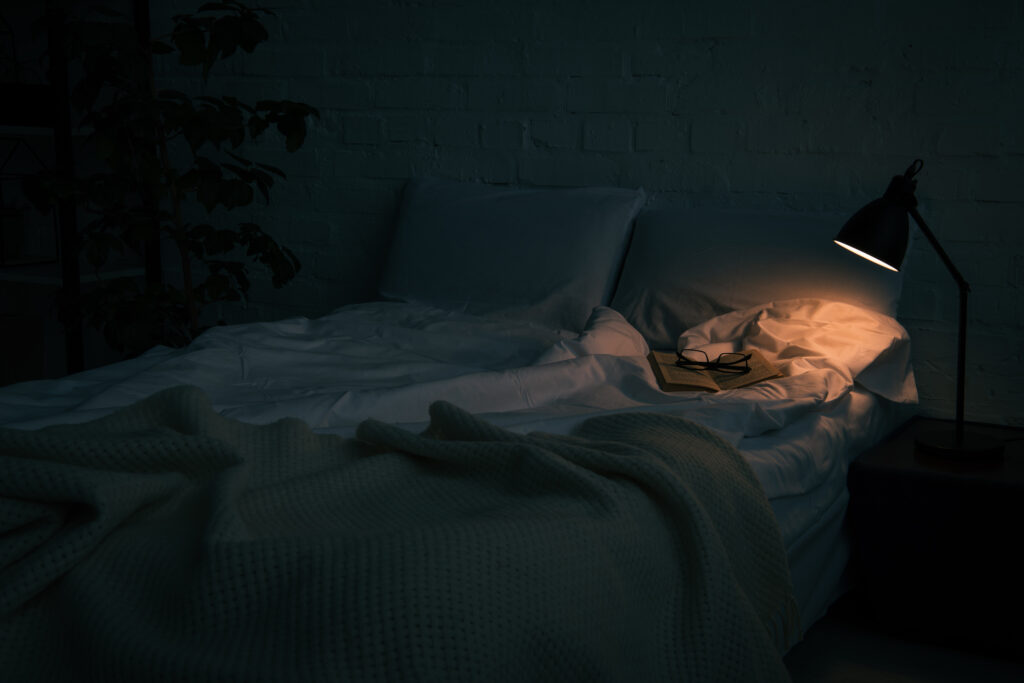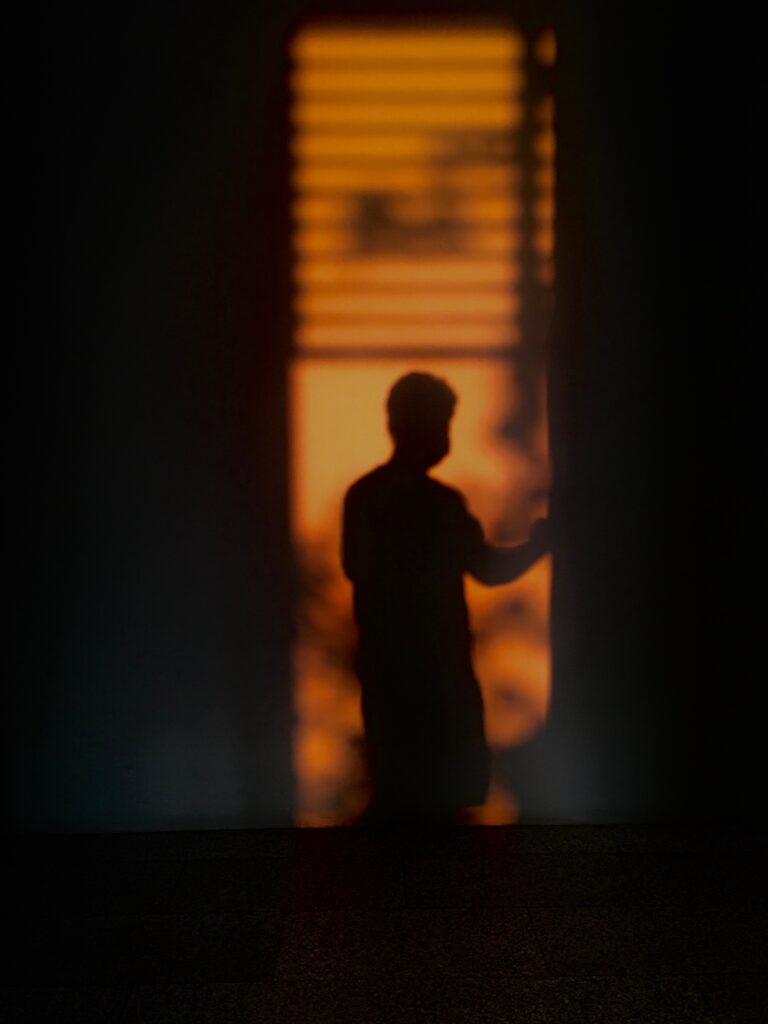Sleepwalking isn’t just a quirk—it can be influenced by various underlying factors, and lack of sleep is one of the most common. Learn how chronic sleep deprivation disrupts sleep cycles and increases the likelihood of sleepwalking episodes. Stay informed to better manage or prevent this condition.
Sleepwalking typically occurs during deep non-REM sleep. When your body is sleep-deprived, it attempts to “catch up” on deep sleep, increasing the intensity and instability of these stages. This can heighten the risk of partial arousals—moments when the brain is caught between sleep and wakefulness—which are closely linked to sleepwalking.
Understanding this connection is essential if you or a loved one experiences sleepwalking, especially during times of stress, shift work, or irregular sleep routines.


Sleepwalking may be a red flag that your body is not getting the rest it needs. While it’s often harmless, repeated episodes triggered by sleep deprivation can lead to safety risks or signal other sleep disorders. By identifying and addressing poor sleep habits or disruptions, many individuals can reduce or even eliminate sleepwalking events.
When your sleep is disrupted or inconsistent, the brain struggles to maintain healthy sleep architecture. Below are common sleep-related triggers that may provoke or intensify sleepwalking behaviors:
Ongoing lack of rest builds sleep pressure and destabilizes deep sleep.
DID YOU KNOW
Sleepwalking affects both children and adults, often running in families. Linked to mental health and long-term persistence, it’s more common than many realize and deserves better awareness and support.
Sleepwalkers often navigate familiar spaces without being aware.
Most episodes begin during the deepest stage of sleep.
Sleepwalking can last a few seconds—or up to 30 minutes.
It’s okay to wake a sleepwalker—they may just be a bit disoriented.
Children vs Adults
Family Connection
Experienced Doctor
Chronic Cases
EXPERTS’ POINT OF VIEW
Experts from various fields share their insights on sleepwalking, its causes, risks, and effective treatments, helping to raise awareness and improve understanding of this complex condition.
Clinical Psychologist & Sleep Researcher
Consultant Neurologist & Sleep Specialist
Sleep Medicine Specialist, Mass Eye and Ear
Clinical Psychologist & Sleep Specialist
FAQS
Below are some of the most common questions about how insufficient sleep contributes to sleepwalking. Whether you’re concerned for yourself or someone else, these answers can help clarify this important link.
Yes. Sleep deprivation increases the intensity of deep sleep, which can raise the risk of sleepwalking episodes.
The brain goes into a “deep sleep rebound,” heightening the chance of partial arousals that lead to sleepwalking.
It can be. Sleepwalking is sometimes a response to sleep fragmentation, stress, or chronic fatigue.
Most adults need 7–9 hours of quality sleep per night. Consistency is also key.
In many cases, yes. Establishing a regular sleep routine helps stabilize sleep cycles and reduce disruptions.
Not always, but frequent sleepwalking may indicate an underlying issue like sleep apnea or chronic insomnia.
Focus on improving their sleep hygiene, keep their environment safe, and consult a sleep specialist if episodes persist.
Stay Informed & Empowered